Blog
Bank of Thailand (BOT) Announced Two Major Thai Banks hacked
Bank of Thailand (BOT) announced last Wednesday, that the computer systems of Kasikornbank (Kbank) and Krungthai Bank (KTB) were hacked, leaking the corporate and personal banking information of more than 120,000 customers. Both of the banks claimed that hacked data was not financial transaction data and that no damage has been done with the customer — YET. However, if cyber attacks are possible in the biggest banks in Thailand, what assurance do we have as a customer that our money and identity information will be safe? The cyber attackers now got some of the customer’s name, loan information, phone numbers, and who knows what else.
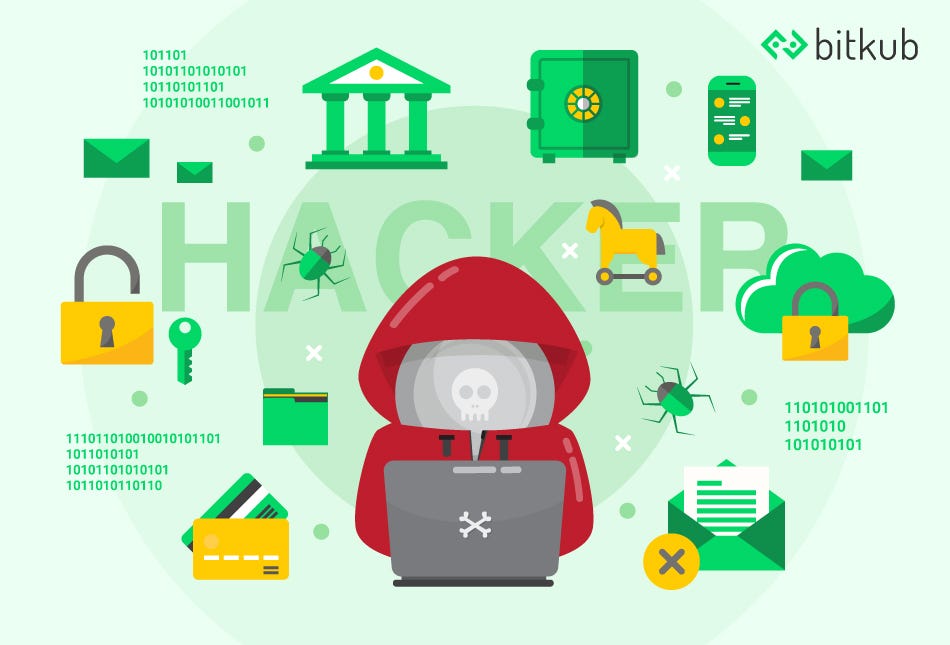
The cause of the data leak last week has not been disclosed by the banks. Kbank and KTB issued a statement that experts assessed their operating system to ensure that their banking systems are protected. However, as to how to prevent the cyber attacks in the future has not been laid out to the public.
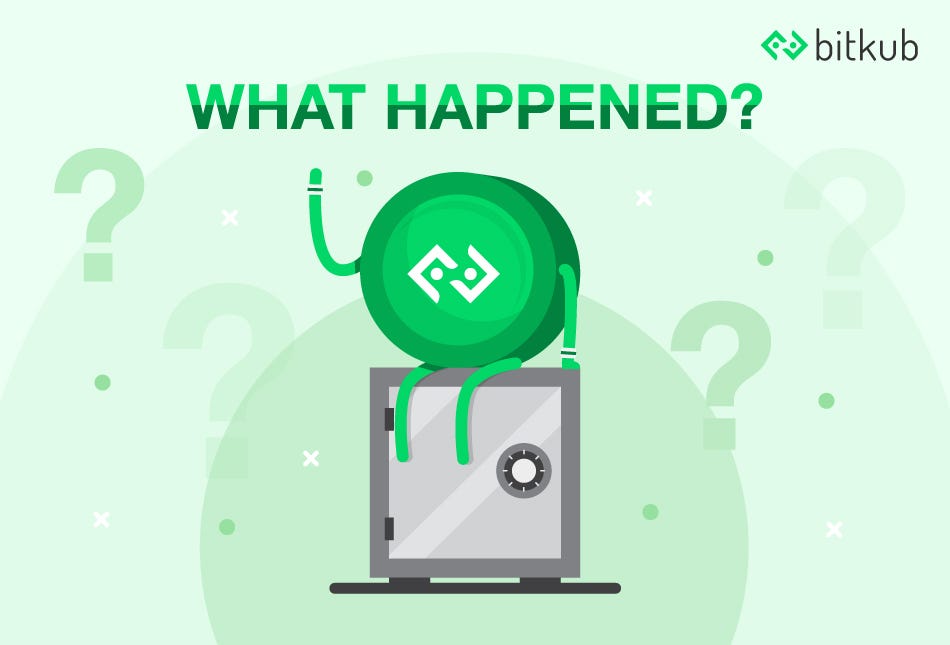
Why did it happen?
The cause of the data leak last week has not been disclosed by the banks. Kbank and KTB issued a statement that experts assessed their operating system to ensure that their banking systems are protected. However, as to how to prevent the cyber attacks in the future has not been laid out to the public.
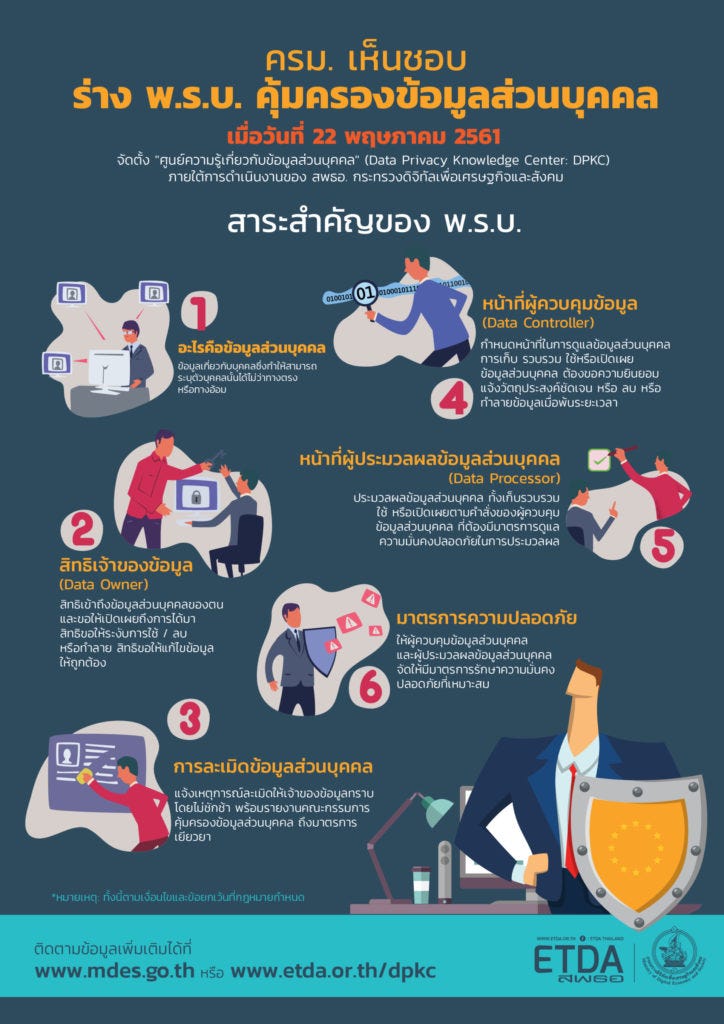
How blockchain can protect our personal data from hackers
As online and mobile banking emerged, there is a huge leap in the amount of personal and financial data available online. If banks use the blockchain technology, here are two of the many security benefits that it can provide to prevent cyber attacks:
1. Security and Privacy: It is difficult to achieve a balance between security and privacy in a traditional banking system, however blockchain can do this through “Blockchain Data Encryption” that can protect banking data against cyber attacks or any malicious attempts to alter data through “hash” which is the transformation of data to an unreadable codes.
2. Security by blocks: Blockchain is composed of a chain of digital “blocks” that each contain records of transactions. Each block in the blockchain is connected to all the blocks before and after it. If attackers tries to manipulate the information of the banks, to be successful, the attackers need to hack first the computer system of the majority of the parties who have access to the blockchain that has the record of the blocks (that could be up to thousands of people) at the same time — which is nearly impossible to do.
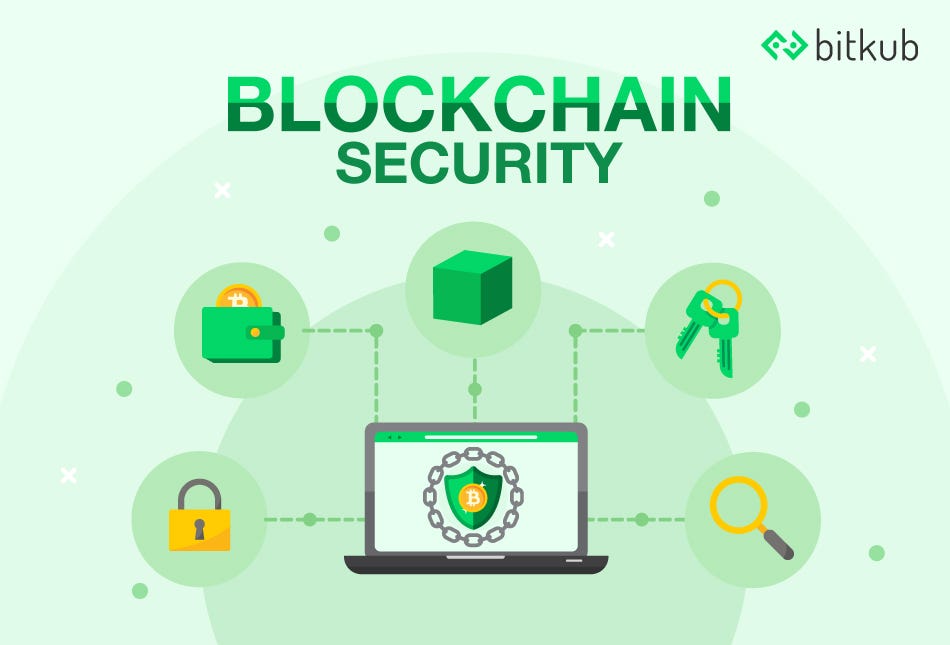
More than security, blockchain has more to offer
1. Record Keeping: Blockchain record is permanent and cannot be altered. It is now possible to keep a digital record of customers’ identities and transactions for bank verification. According to Reuters it is estimated that by deploying blockchain technology to run some of the bank’s processes such as finance reporting, it could reduce bank’s infrastructure costs and record keeping by an average of 30 percent.
2. Borderless Payments and Reduced Fees: The transactions using blockchain is peer-to-peer and does not only remove intermediaries but also lessen the fees. If you send money via traditional financial institution, you will pay a “fixed fee” and a hidden fee called “exchange rate.” However, with the use of blockchain enabled technologies, you’ll pay as little as 0.2% up to 2% fee to send any amount of money to different parts of the world.
3. Clearing and Settlement: Blockchain technology can reduce operational costs and make it possible to have real-time transactions between financial institutions. Accenture reported that by using blockchain technology to improve the efficiency of bank’s clearing and settlement, biggest investment banks could save up to 10 billion USD.
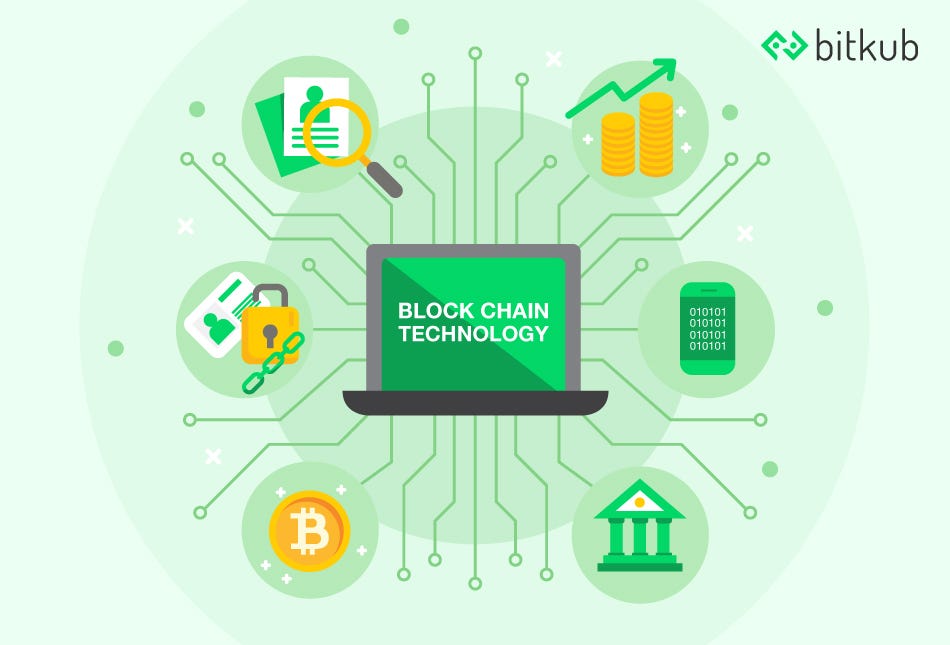
Source:
Medium